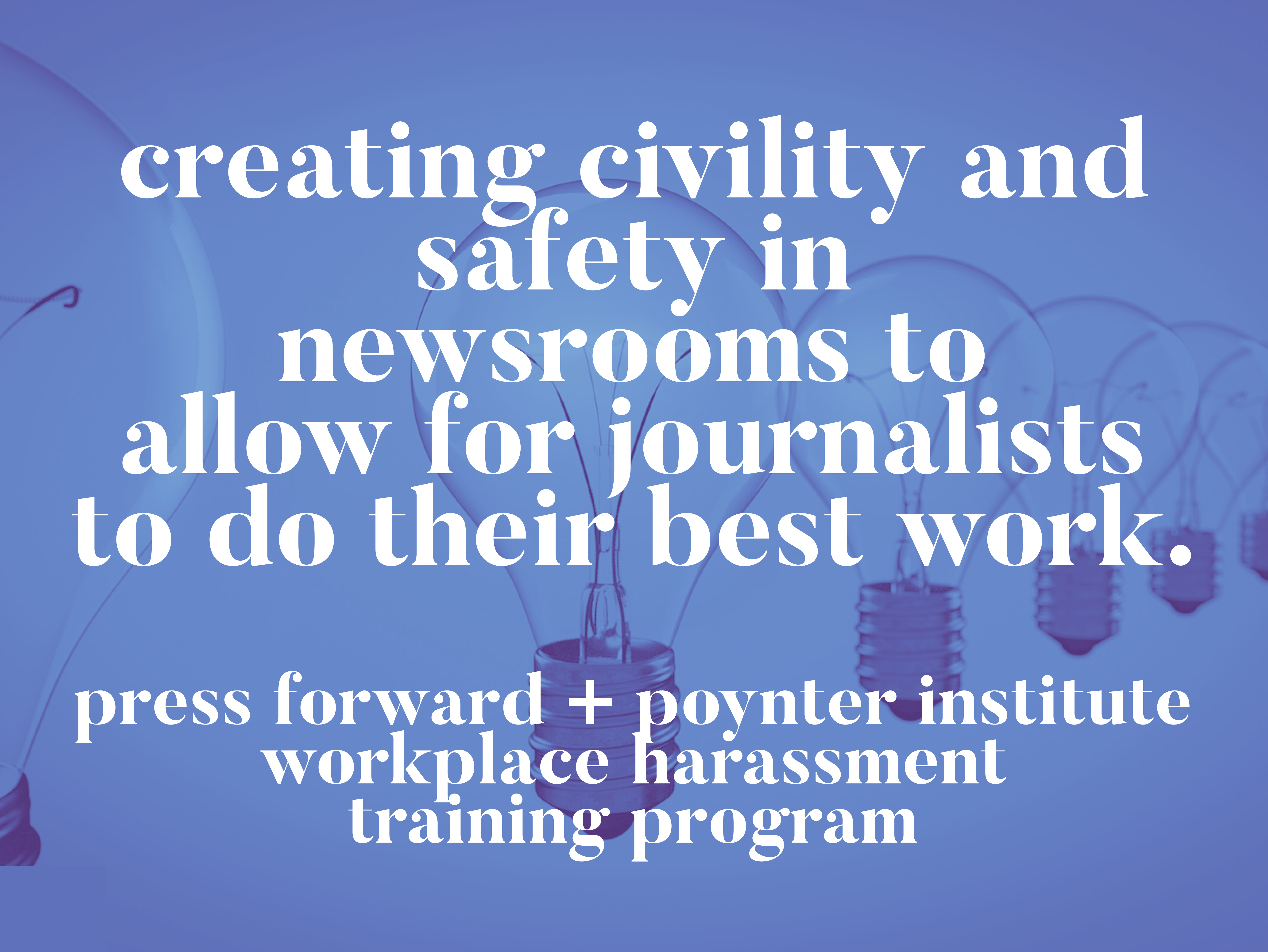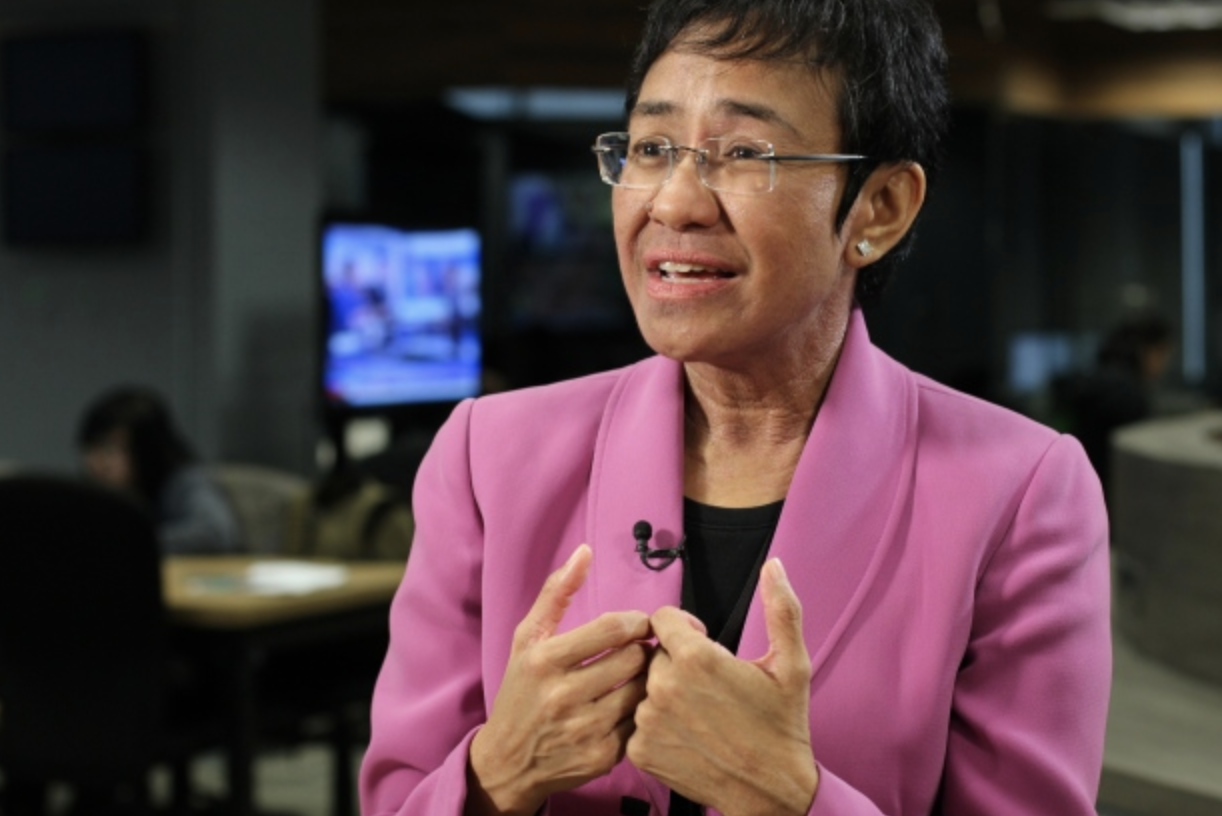The New York Times had a recent article on how to give a child tools to recognize sexual abuse. “Statistics show at least one in 10 children in the United States will be sexually abused before their 18th birthdays — it’s a topic we cannot ignore,” the author, Shani Zoldan-Verschleiser, writes. Zoldan-Verschleiser is the CEO of Magenu, an organization dedicated to preventing child sexual abuse.
As I was reading the article, I thought many of the tools that children should have to prevent abuse, are also tools that women should employ – but are often discouraged from doing so by society.
“Teach children that their feelings matter and that they deserve respect. For parents, this does not mean that children get to run the house or do whatever they please, but it does mean that when a child shares a feeling, we validate it,” the article reads.
Women must also realize that their feelings matter. When colleagues, superiors or HR ignore complaints of sexual harassment or abuse, they are implicitly communicating to women that their feelings are not valid.
The article goes on to read, “Being able to recognize our feelings is the first step in knowing when something doesn’t feel right. Predators rely on the fact that children can be easily manipulated. Children who have a better sense of what feels O.K. and what doesn’t — and are able to receive validation by communicating those feelings to trusted adults — are at a big advantage.”
For a long time, sexual harassment and abuse of women were accepted in the office place and society. Now, with the #metoo movement, it is important for women to work on recognizing their feelings. Predators of all kinds rely on people who can be manipulated. Women should also develop a strong sense of what feels O.K. and what doesn’t, and receive validation from peers, superiors, friends and family, when they communicate those feelings.
The article instructs parents “to model what it means to listen to our gut feelings.” That is a good skill for all people to develop.
The article reads, “Your body is so special and it belongs to you, no one is allowed to touch you because this is your body. If anyone does, you tell Mommy right away because my job is to keep you safe and touching, especially on your private parts, can be unsafe.”
Again, the article focuses on children. But let’s take the above paragraph, and apply it to women. The cases that have been illuminated and revealed by the #metoo movement have shown that in many instances, women are not taught that their bodies are special, and that they belong to them.
The article instructs parents to tell their children the following: “No one is allowed to make you feel uncomfortable, even if that person is your cousin, uncle, aunt or neighbor. It’s never O.K., and I will always believe you.”
With this sentence, if applied to women, for many years society has implicitly taught women that it is okay if they feel uncomfortable, and if they tell people about harassment, abuse or assault, many will not believe them. So often, women have kept these stories of harassment and assault a secret. But secrets aren’t healthy, the article goes onto say:
“A secret that can never be told is not O.K. and can make us feel yucky, confused or sad. This is a crucial concept for children, because predators will try to have children keep their secret.”
Secrets aren’t healthy for anyone to keep. They create a sense of shame that is unwarranted. The article also instructs adults to “ask for permission to touch a child.”
“When we ask children for small permissions, we are giving them the sense that they have control over their bodies … Something as small as asking, ‘Is it O.K. if I fix your collar? It’s turned up,’ sends a message to a child that he has some autonomy over his body. Practicing dialogue like this can go a long way in helping a child realize that a predator will not ask permission, and it will help him spot those tricky people.”
Some may feel that aspects of the #metoo have gone too far, such as asking for consent on dates, or criticism of unwanted hugs. However, this may be an important exercise and debate to have as women begin to recognize and voice their boundaries, and other people become more adept at listening to and respecting them.
“Empower kids to say ‘no’ and talk openly. Encouraging emotional honesty and physical boundaries helps kids gain some control over their bodies. Letting a child say, ‘No, I don’t want a hug, but a handshake is O.K.’ shows her that she has choices. Still, children may not be able to say ‘no’ to their abuser or stop the abuse. Most children who are sexually abused do not disclose their abuse, so we need to tell children that even if they can’t say ‘no,’ even if they can’t get away, the most important thing to do is to tell someone about the abuse. Tell them that you will believe them no matter what happens, and they will not get into trouble for telling you.”
The above paragraph is probably the most important – it’s crucial for all people to be empowered with the ability to say “No.” No to any behavior that makes them feel uncomfortable. And then it is also important to be empowered to tell people, and for your feelings to be validated, and experiences to be believed.
These lessons are crucial for children, and also for adults and all of society. I hope with the #metoo movement we are on the path to developing and inculcating these standards within ourselves and our communities.
https://parenting.nytimes.com/childrens-health/prevent-child-sexual-abuse?action=click&module=Smarter%20Living&pgtype=Homepage









